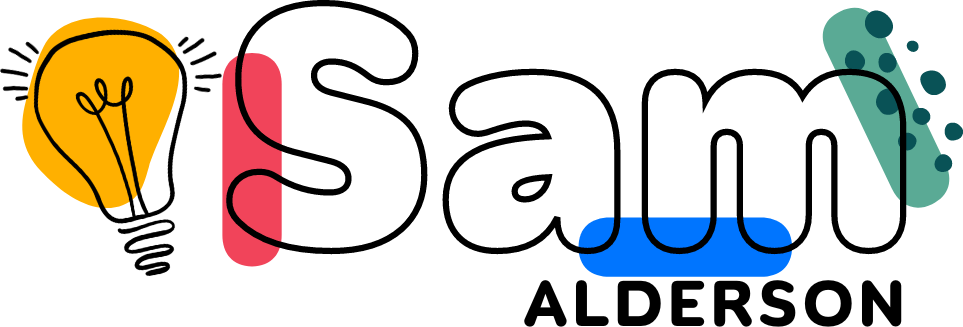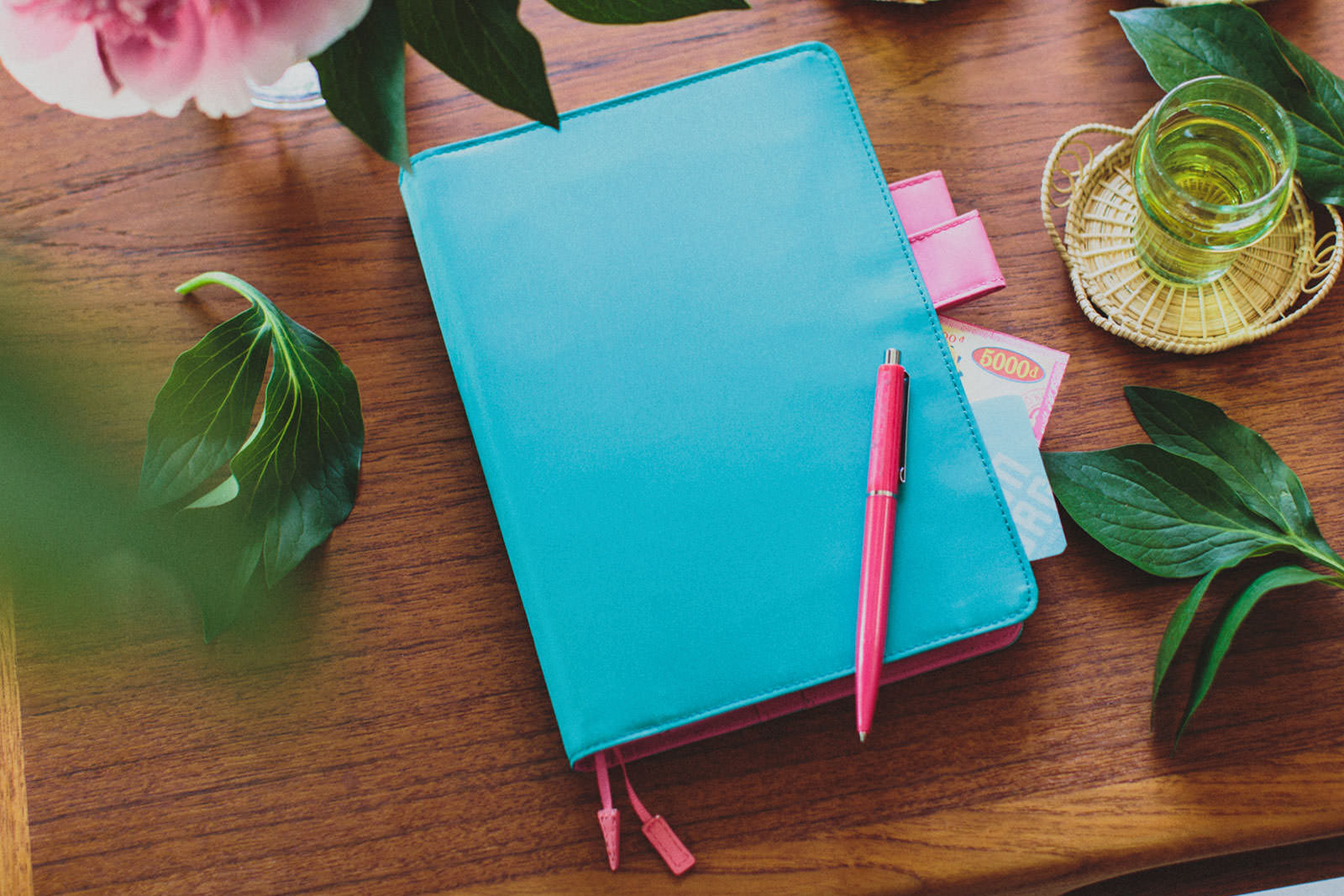Have you ever thought about starting a journal but didn’t know where to begin? I know the feeling. When I first started over 10 years ago, I felt awkward, self-conscious, and unsure of what to write or why I was even doing it. It was easy to put up barriers and convince myself it wasn’t worth the effort.
But here’s what I’ve learned: journaling is one of the most freeing and rewarding things you can do. Over the past decade, it has become a cornerstone of my life. It’s my outlet, my sounding board, and my space for creativity and reflection. And the best part? There’s no right or wrong way to do it.
When I began, I grabbed one of the many notebooks I’d been hoarding (you know the ones!) and just started. That simple act of putting pen to paper was the beginning of a journey that has brought me clarity, perspective, and peace of mind.
Now, I look back on those early entries with a smile. They remind me of how far I’ve come, not just in life but also in my journaling practice. Over time, I’ve developed my own style and found what works best for me—and I’m here to help you do the same.
Finding my formula
While starting out can feel daunting, finding a formula that works for you makes it easier. I’ve refined mine over the years, and here’s how I approach each entry:
- Write the date, day, and time.
- Write where you are.
- Note what the weather’s like or something about the season.
- Write how you’re feeling physically.
- Finally, start writing about your thoughts, feelings, emotions, or whatever’s on your mind.
I also like to include reflections on the day’s events if I’m journaling in the evening. This approach has been a lifesaver during big moments in my life, like planning a wedding. Journaling helps me process emotions and keep myself grounded.
The first step
When I sit down to journal, I start with a ritual. I grab my favorite pen and my trusty A5 notebook, light a candle, and set a timer for 10 minutes. Even after all these years, the act of journaling still feels special to me.
At first, it might feel overwhelming to fill a page. But once you start, the words often flow more easily than you expect. Sometimes, I go beyond my timer, lost in my thoughts. Other times, I just jot down a few lines. Either way, I always feel better afterward.
Additional tips to get started
- Start small and be kind to yourself
Your journal doesn’t need to be perfect. A single sentence, a short paragraph, or even a doodle counts. The key is to start and keep it consistent. - Experiment with different styles
Explore approaches like gratitude journaling, bullet journaling, stream-of-consciousness writing, or even drawing. Everyone’s style is unique, and it’s okay to experiment. - Use prompts for inspiration
If you’re stuck, try simple prompts like:- “What are three things you’re grateful for today?”
- “Describe a happy memory from your childhood.”
- “What’s one goal you want to achieve this week?”
- Don’t worry about grammar or structure
Journals are private, so they don’t have to follow any rules. Writing freely without overthinking can help release thoughts and emotions more effectively. - Celebrate milestones
Mark journaling milestones, like completing your first week or month of journaling, to build a sense of accomplishment. - Create a ritual
Create a ritual around journaling, such as lighting a candle, brewing a cup of tea, or playing soothing music. This makes journaling feel special and helps build a habit. - Reflect and review occasionally
Occasionally, look back through your journal entries. It can be rewarding to see how far you’ve come or notice patterns in your thoughts and feelings.
Over to you
So, have you started a journal? What’s it like? Do you have a set time you journal, or do you go with the flow? I’d love to hear about your experiences and the tips you’ve picked up along the way. Share your journey in the comments below, or tag me on socials @GoodPlanSam.
Remember, journaling is a personal journey, and it’s all about finding what works for you. Whether you’re just starting out or have been journaling for years, every entry is a step towards greater self-awareness and personal growth.
Stay positive, keep writing, and most importantly, enjoy the process. You’ve got this!



